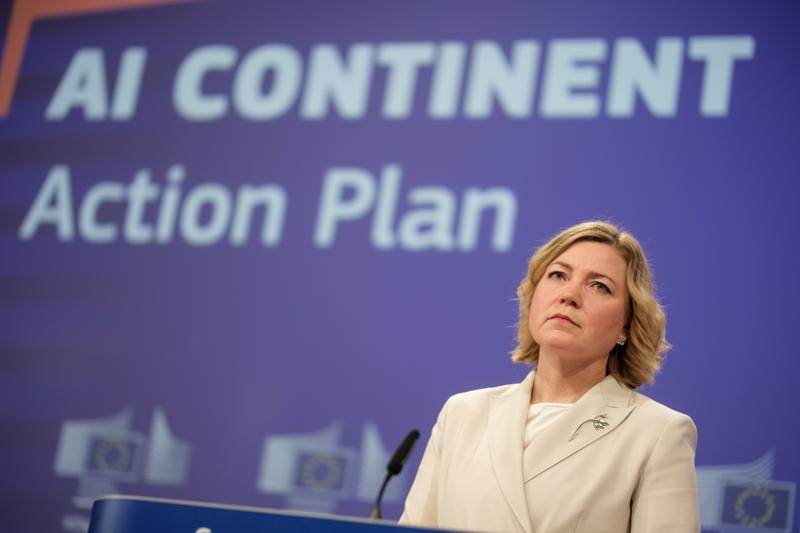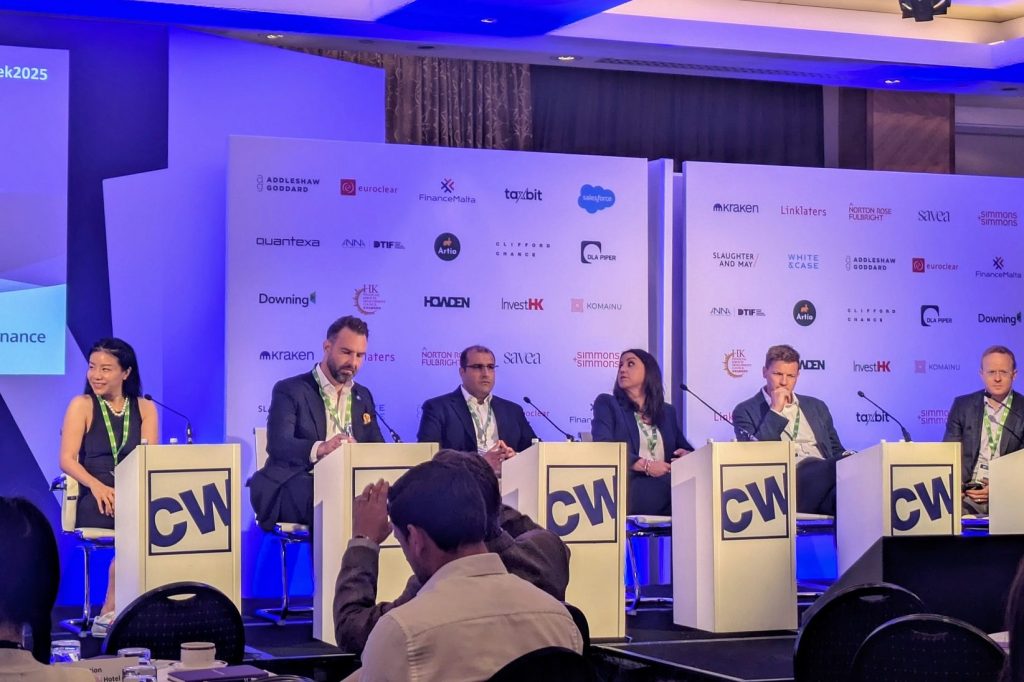A regular roundup of some of the latest stories in fintech regulation.
Treasury proposes investment adviser AML updates
The US Treasury has said that adequate AML and CFT measures are lacking in the investment advisory sector, and that thousands of advisers fall outside regulatory remits.
It adds that while the industry provides an important service to investors in the US and across the world by driving investment opportunities and supporting innovation, advisers are at risk of abuse by money launderers, corrupt officials, and other bad actors.
A recent risk assessment found several cases in which sanctioned individuals, corrupt officials, tax evaders, and other criminal actors have used investment advisers as an entry point to invest in US securities, real estate, and other assets.
Countries including China and Russia have invested in early-stage companies through investment advisers to access sensitive information and emerging technology.
There were 15,114 SEC-registered investment advisers in 2022, providing services to 61.9m clients. Rule proposals from the SEC have the potential to lead to significant industry change, the Investment Adviser Association says.
In 2023 the SEC released a safeguarding proposal which ensures standardized custodial protections to ensure client assets are properly segregated and held in accounts to protect the assets in the event of a qualified custodian bankruptcy or other insolvency.
Other proposed elements include surprise examinations from an independent public accountant to verify client assets, and updated and enhanced recordkeeping requirements.
The proposed rule would include certain investment advisers in the definition of “financial institution” under the Bank Secrecy Act (BSA):
- investment advisers registered with the SEC, also known as registered investment advisers (RIAs), and
- investment advisers that report to the SEC as exempt reporting advisers (ERAs).
The proposed rule would require RIAs and ERAs to:
- implement an AML/CFT program;
- file certain reports, such as Suspicious Activity Reports (SARs), with FinCEN;
- keep records such as those relating to the transmittal of funds (i.e., comply with the Recordkeeping and Travel Rule); and
- fulfill other obligations applicable to financial institutions subject to the BSA and FinCEN’s implementing regulations.
FinCEN has issued a Notice of Proposed Rulemaking (NPRM) inviting comment and review on the proposed rule.
EU instant payments regulation
The European Parliament has outlined rules to focus on fast and cheap instant payments in the EU.
MEPs adopted the new rules in February, with the aim of ensuring that retail clients and businesses, especially SMEs, will not have to wait for their money, as well as to enhance the safety of transfers.
An agreement was reached in 2023 to update the Single Euro Payments Area (SEPA) legislation. It would also apply to member states whose currency is not the euro.
To guarantee safety, payment service providers (PSPs) should have in place robust and up-to-date fraud detection and prevention measures, to avoid credit transfers going into the wrong account due to fraud or error.
To this end, PSPs operating in the EU should immediately, and without any additional charges or fees, provide a service to verify the identity of the recipient.
“The Instant Payments Regulation marks the long-awaited modernisation of payments in the European single market. Customers can now say goodbye to the inconvenience of waiting two or three working days to access their money.”
Michiel Hoogeveen, Vice Chair, Committee on Economic and Monetary Affairs, European Parliament
As an additional safeguard against fraud, PSPs should allow their clients to set a maximum amount for instant credit transfers in euros, which could be easily modified prior to the next transfer.
According to the agreement, an instant credit transfer is supposed to be executed regardless of the day or hour and immediately processed, so that the payee’s payment account is credited with the amount transferred within 10 seconds after the time of receipt of the payment order.
The payer should also be informed within 10 seconds whether or not the funds transferred have been made available to the payee.
“The Instant Payments Regulation marks the long-awaited modernisation of payments in the European single market,” Michiel Hoogeveen, Vice Chair, Committee on Economic and Monetary Affairs, said. “Customers can now say goodbye to the inconvenience of waiting two or three working days to access their money. We are delivering on something that people and businesses truly care about: transferring money within 10 seconds at any time of the day.”
India says stronger fintech self-regulation needed
There is a need for stronger self-regulations in fintech firms, P Vasudevan, executive director of the Reserve Bank of India (RBI), said last week. India’s Economic Times reported that the RBI’s move may have been driven by the regulator’s effort to halt a flow of money to merchants that have not been subjected to KYC processes.
India’s central bank has asked Visa and Mastercard to stop card-based business-to-business payments such as rents or money transfer to vendors routed through third party fintech firms, according to two sources familiar with the matter, says Reuters.
The RBI had reportedly put restrictions on payments company Paytm after KYC lapses. An ongoing investigation has not found any breaches.
A set of fintech firms in India operate in a category called “business payment solution providers” (BPSPs), which facilitate payments to merchants that do not otherwise accept card payments in return for a fee. Only a small set of payments, which were routed via fintech firms, will be affected, said one of the sources, who is an executive at one of the card networks.
“Visa received a communication from the RBI on February 8, in what appears to be an industry-wide request for information on the role of BPSPs in commercial and business payments,” a Visa spokesperson told Reuters.













